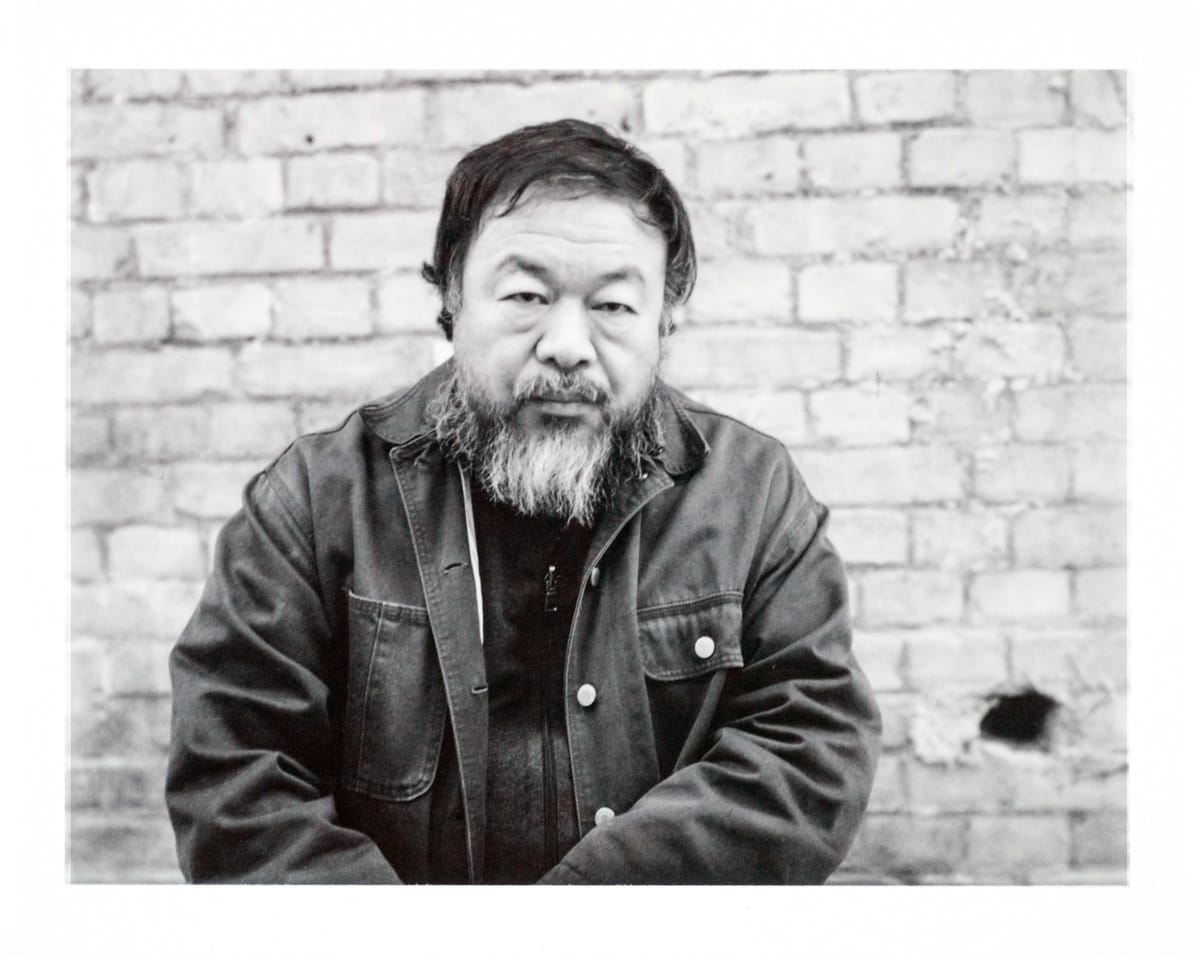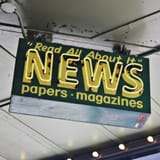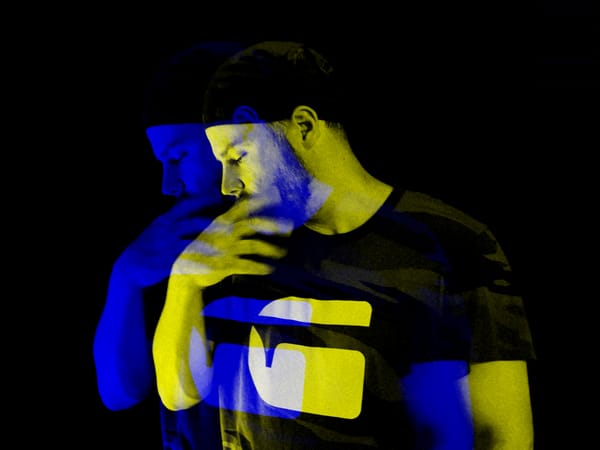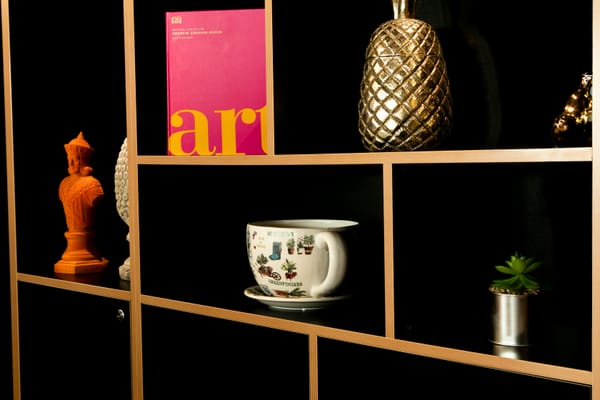Ai Weiwei Forced to Spend the Night on Airport Bench After Switzerland Denies Entry
His Instagram post about the ordeal has sparked debate over border restrictions and artistic freedom.

Chinese artist and activist Ai Weiwei was barred from entering Switzerland on February 10, leaving him to sleep on a bench at the Zurich airport until his early morning flight back. According to a post on his Instagram, Ai had no valid visitor’s visa, and officials refused to let him through border control. In a stark caption, the artist wrote, “This is Switzerland, not Portugal,” adding that he would be “waiting to be deported next morning at 6:50AM.”
The statement came as a shock to fans and followers who have grown accustomed to Ai’s globetrotting art practice—especially since he’s lived in Montemor-o-Novo, Portugal, since 2013. His Instagram post detailed the ordeal, featuring documents stamped “Refusal of Entry” and photos of the airport, giving a raw, unfiltered look at the humiliating situation. Despite the tense standoff, Zurich police confirmed that Ai was “not arrested” and was allowed to move freely in the transit area until his flight back.
China’s passport regulations meant Ai should have secured a Swiss Schengen Visa before traveling. That bureaucracy ultimately grounded him in Zurich’s airport for the night. The news, first reported by swissinfo.ch, underscores the precarious nature of international travel for many Chinese citizens—even high-profile figures like Ai, who is globally renowned for his politically charged work and criticism of China’s regime.
What intensifies the situation is Ai’s history of censorship, detentions, and passport revocations by Chinese authorities. Many recall how, for years, Ai was forbidden from leaving China. Now, ironically, he’s stuck at the threshold of Switzerland—a country perceived as neutral and open—because of a missing visa. On social media, supporters blasted Swiss officials for showing a lack of cultural sensitivity, while others pointed out that bureaucratic rules apply to all travelers, no matter how famous.
Ai Weiwei’s abrupt denial comes at a moment when his art and activism remain as potent as ever. Exhibitions of his work challenge viewers to consider human rights, freedom of expression, and the plight of the marginalized. This latest incident, overshadowing the usual calm of Swiss order, highlights the tension between national borders and artistic freedom—even in a supposedly open Europe. As travel restrictions tighten globally, Ai Weiwei’s situation raises urgent questions about who is truly free to move in an interconnected, yet increasingly regulated, world.
For now, Ai is back in Portugal, reflecting on a night spent under fluorescent lights in a cold airport terminal. But the image of one of the world’s most prominent artists being told, “This is Switzerland, not Portugal,” may prove a troubling symbol of how far we still have to go in making art—and artists—welcome across borders.
ART Walkway News





